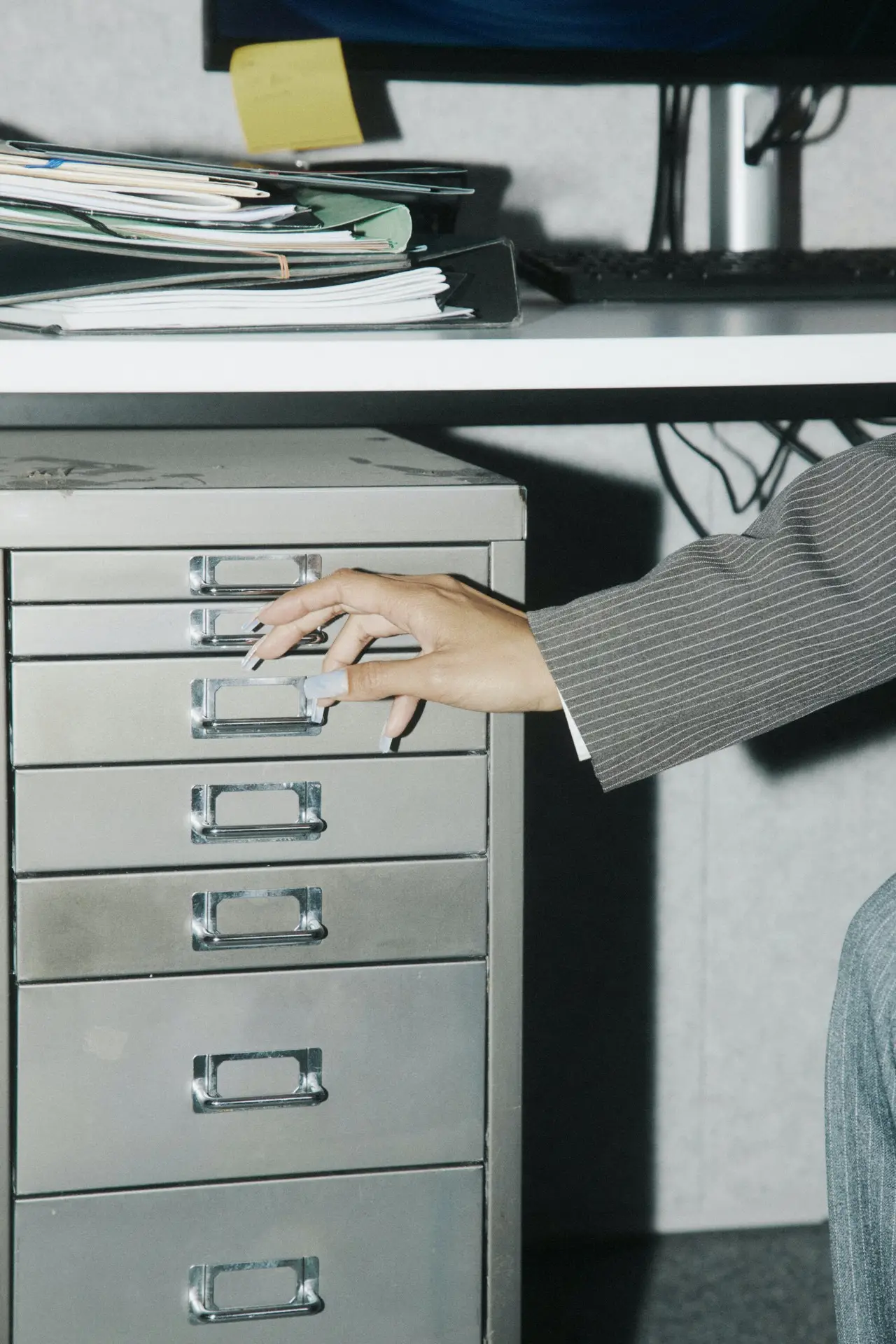
Recently a friend of mine ended her five-year-long relationship, unexpectedly.
Without divulging the details, she and her boyfriend’s paths were being pulled in two different directions, which became abruptly apparent in only the time it takes to blink an eye. She was forced to immediately pivot away from a situation she thought she was planning the next chapters of her life around. Of course, if she had been given a courtesy heads-up, she would have been able to brace herself and prepare an informed response. But unfortunately, life just doesn’t work that way.
Within weeks of the breakup, her father also unexpectedly passed away. As her best friend, I cringed at the pain I could only imagine she was feeling. “Couldn’t be me,” I would think to myself. Surely in her position, I would have folded instantly from the shock alone. Luckily, my friend is much more resilient than I, and therefore much better equipped to adapt to change.
Watching it all go down, I couldn’t help but call her every five seconds. “Just checking in!” I would say enthusiastically, being maybe just a bit too obvious I didn’t want her to pick up on how worried I was. I kept waiting for her to fall apart, which I’m sure she did in her own private process. But in the true fashion of her resilient character, she refused to break under pressure and continued to move forward.
I watched her move through the initial stages of shock and acceptance, to the later stages of grief and healing the way you imagine a goddess might walk on water. The grace she gave herself led her through a fog that, had she not done the work on her character beforehand, had the potential to blow up her entire inner world.
Reframing how we interpret resiliency
When you think about resiliency, usually it’s tied to a negative experience you feel the need to come back from. And because of this pattern in traditional storytelling, the concept of resiliency can harbor feelings of resentment beneath the surface for the trauma or hardship that prompts it.
The thing is though, there will never not be hard times in life.
Even when we’re up, we should be prepared to weather a storm that could come at any time. The people who are positioned most advantageously to handle life’s curveballs, such as my best friend, are the ones who possess similar traits and characteristics of resiliency.
Traits & characteristics of resilient people
If you are a resilient person, you:
- Can “zoom out” on your POV. A narrow, tunnel-vision focus isn’t good for your long-term mental health, period. Being able to see things clearly allows you to make concise and beneficial decisions on your feet, and doing so requires you to keep a panoramic view of the reality of any given situation that holds space for blind spots and obscure details.
- Have a strong and consistent relationship with yourself. When you are resilient, you don’t run from conflict or confrontation. Rather, you find peace and comfort in solitude, allowing plenty of quality time to examine your values, beliefs, and identify what you need to maintain balance. A solid relationship with yourself strengthens your instinct to retreat or pivot in a new direction when boundaries are crossed.
- Prioritize self-care. Part of having a strong relationship with yourself is checking in with and tending to yourself as often as needed. For resilient people, this is a non-negotiable, daily practice. Whether that means a daily gratitude ritual or the 10 minutes you get to yourself in the shower every morning, you know a consistent rhythm of self-care = optimal mental and emotional well-being, not to mention a static through-line to return to in times of chaos or confusion.
- Allow time and space for creativity. Resilient people know holding onto grudges and negativity only inhibits room for growth. In order to catch the blessings and opportunities, you have to detach from the emotional baggage that’s weighing you down and distracting you from making forward movement.
- Talk to yourself nicely. Resiliency requires you to be extra mindful of your inner dialogue. This means you are careful with the words you use to critique yourself, and opt for encouragement instead of shame when you mess up or get something wrong. You avoid self-sabotage by welcoming mistakes as a necessary part of your learning process, not failures you internalize and incorporate into your identity.
- Keep an open mind. You can’t be resilient and let negative self-talk get the best of you, it’s either one or the other. In order to choose resiliency, you must keep an open mind and let go of the need to “prove” yourself to others or get your point across. People who are resilient value growth and learning over being right.
- Acknowledge your blind spots. There will always be unexpected twists and turns to life and new discoveries we continue to make about ourselves. To be self-aware is one thing, but to accept this is an ongoing practice — aka your life’s work — that requires a consistent demonstration of commitment. As humans, we’re constantly evolving, which means we must constantly invest in learning new things about ourselves.
- Accept support when you need it. Instead of being afraid or ashamed of your blind spots, you take a particular interest in them in order to identify solutions. Outsourcing, delegating, or seeking out help when you feel overwhelmed or insecure in your ability does not expose weakness, it showcases resourcefulness and efficiency. If you don’t enjoy something or aren’t sure of what move to make next, it’s never a bad idea to consult someone who can provide insight, guidance, or fill in the gaps to achieve the results you’re looking for. If you are resilient, you know better than to willingly let yourself reach a point of burnout trying to take care of everything yourself.
- Exercise discipline, daily. Whether it’s calling your mom when you promised you would or waking up early to go to the gym before work in the morning, resilient people make a concerted effort to follow through on their word; first and foremost to themselves.
- Always have a backup plan. You know that in order to handle the uncertainty the future holds, you must consider the reality of any given situation. Using the ability to “zoom-out”, resilient people stay ready to pursue their goals from multiple different angles, knowing the unexpected will always be a potential factor. Having a backup plan allows you to shift as needed in order to stay on track.
- Hold space for the humanity of others. You are sensitive, compassionate, and empathetic in your thinking and communication. You know that even when someone else puts you in a compromising position, it’s likely because they are projecting something from their inner world onto you, not because they want to hurt you. This screen you keep between your emotions and logic allows you not to take things personally, while responding with reason and respect for yourself.
If you want to build resiliency in your character, try focusing on one of the points above for a week. Then, come back to this article and comment below on the changes you’ve noticed. Good luck!
For monthly tips and insight on self-care and personal growth, subscribe to the Self-Care Drip 💧 monthly newsletter.

















